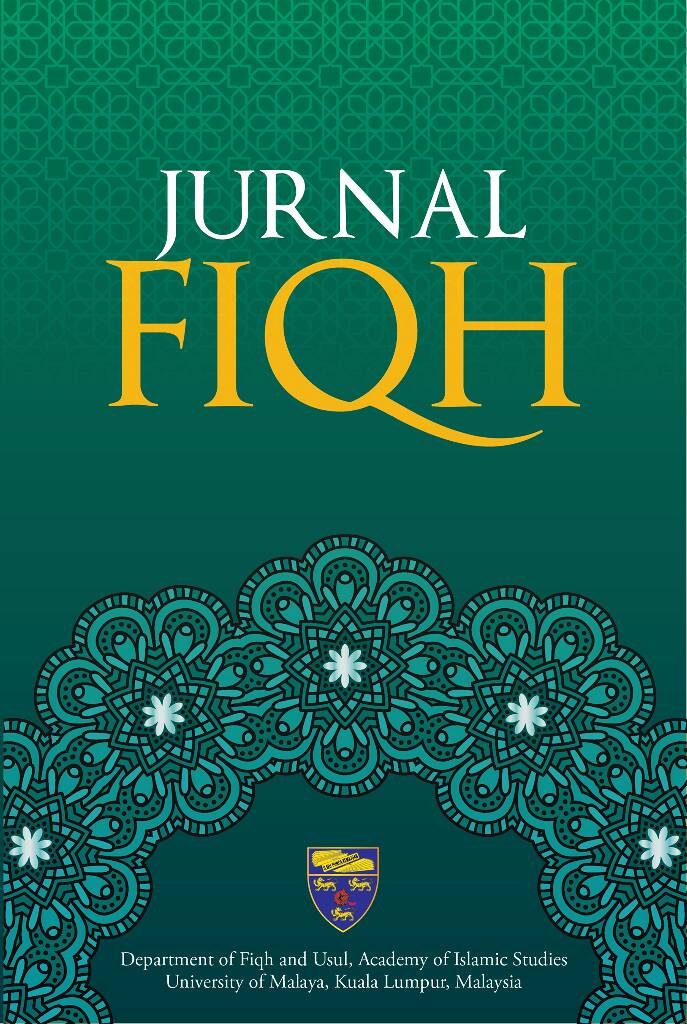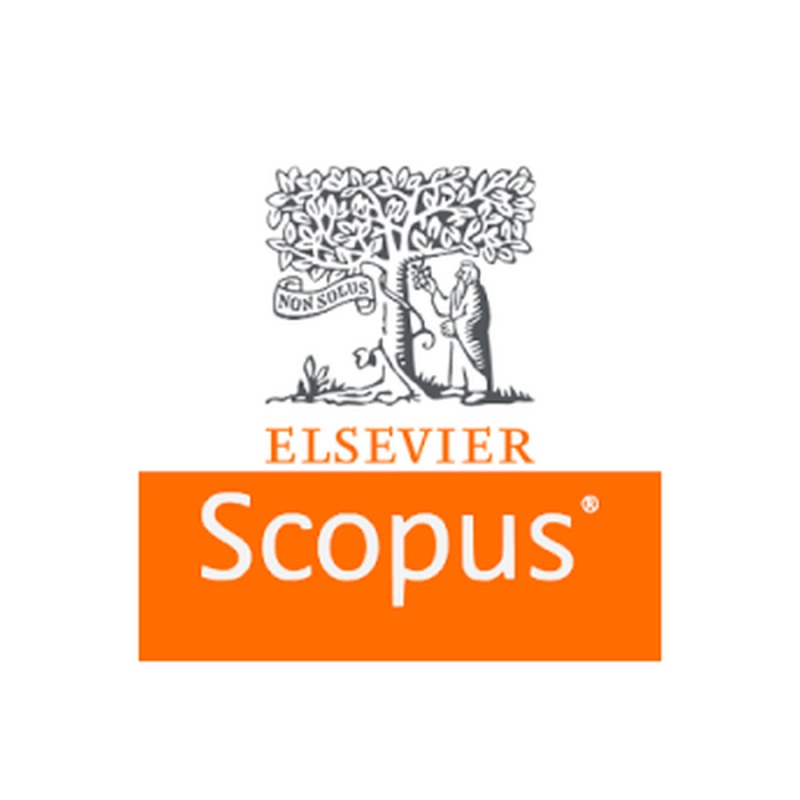The Role of History and Akhlāq in Reconciliation Between Jurisprudence And Modernity
DOI:
https://doi.org/10.22452/fiqh.vol18no2.1Keywords:
Modernity, Jurisprudence, historical context, ethics.Abstract
After the advent of modernity and its spread in Islamic societies, challenges arose for Muslims. At first glance, these challenges indicated the conflict between modernity and religion in general and jurisprudence in particular. For this reason, some Muslims have strongly rejected modernity, calling it the destruction of religion. Some also have abandoned religion and solely followed modernity. The purpose of this article is to provide a way to resolve differences and reconciliation between jurisprudence and modernity so that Muslims can benefit from the achievements of modernity while maintaining the basic principles of religion. To achieve this goal, jurisprudential sources were examined and jurisprudential fatwas that conflicted with modern laws were extracted. The research method in this article is based on library resources and has been criticized descriptively and analytically. To clarify the issue, examples of jurisprudential fatwas have been proposed. It should be noted that these are not all fatwas and are just examples because the purpose of this article is to provide a solution to resolve the conflict or reduce the difference between jurisprudence and modernity. In some cases, the communities that have implemented the fatwa have also been mentioned. After examining the origin of these fatwas, it became clear that some of them were related to specific circumstances and specific times, and others conflicted with the basic principles of ethics. Therefore, the finding of this article is that there are two basic strategies to resolve or reduce this conflict; firstly, the jurisprudential fatwa should be adapted to the principles of Islamic ethics; and secondly, the historical context of the issuance of the fatwa should be considered. This leads us to the conclusion that some fatwas can only be implemented in certain circumstances and can be revised today due to the change in those circumstances. By applying these two strategies, it is possible to reconcile to a large extent between jurisprudence and that part of the achievements of modernity that are compatible with human rights and dignity.











